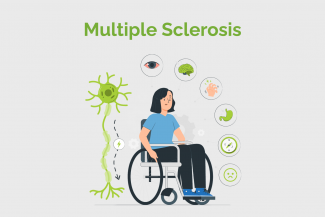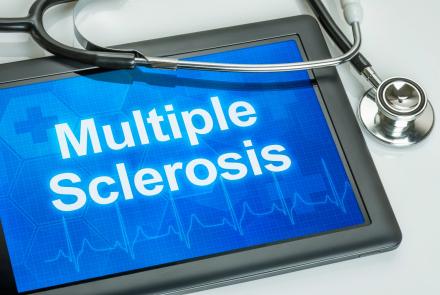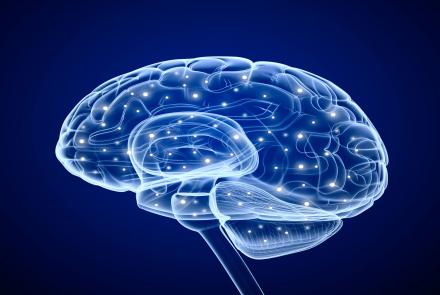
The central nervous system is made of numerous cells called neurons. Neuron consists of 2 parts - cyton (cell body) and axon. The axon is covered by myelin, which helps in the conduction of nerve impulses or signals between the neurons. In multiple sclerosis, myelin in certain parts of the central nervous system is destroyed thereby impairing the conduction of nerve impulses.
The exact cause of MS is not known, but some factors like immunity and genes are thought to play a role.
MS could be an autoimmune disease where cells of the immune system attack the myelin of the central nervous system thinking it to be a foreign body. Some researchers feel that after certain types of viral infections, the immune system gets altered and attacks the myelin of the central nervous system as if it is the virus.
Genetic causes behind MS are also suspected as certain populations are more susceptible to it while others are less so. First-degree relatives of persons with MS have 4% more chance of developing MS than others. Studies of identical twins have shown that if one twin suffers from MS, there is a 26% chance that the other twin will also be affected by the disease.













